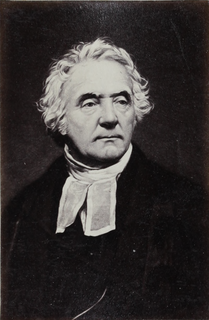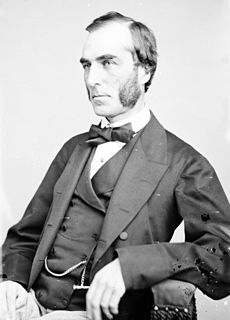A Quote by John Maynard Keynes
It economics is a method rather than a doctrine, an apparatus of the mind, a technique of thinking which helps its possessor to draw correct conclusions.
Related Quotes
As an educator, I try to get people to be fundamentally curious and to question ideas that they might have or that are shared by others. In that state of mind, they have earned a kind of inoculation against the fuzzy thinking of these weird ideas floating around out there. So rather than correct the weird ideas, I would rather them to know how to think in the first place. Then they can correct the weird idea themselves.
How should the best parts of psychology and economics interrelate in an enlightened economist's mind?... I think that these behavioral economics...or economists are probably the ones that are bending them in the correct direction. I don't think it's going to be that hard to bend economics a little to accommodate what's right in psychology.
The human mind feels restless and dissatisfied under the anxieties of ignorance. It longs for the repose of conviction; and to gain this repose it will often rather precipitate its conclusions than wait for the tardy lights of observation and experiment. There is such a thing, too, as the love of simplicity and system,--a prejudice of the understanding which disposes it to include all the phenomena of nature under a few sweeping generalities,--an indolence which loves to repose on the beauties of a theory rather than encounter the fatiguing detail of its evidences.
Some call-in moderators are neutral and courteous. Then there's Rush Limbaugh, who is funny and pompous and a scapegoater and hatemonger. His popularity could cause you to draw some terrible conclusions about the state of mind of the American people. It helps to remember that Bill Cosby is popular, too.
Mind mapping is a technique based on memory and creativity and comprehension and understanding, so when the student or a child uses the mind map, they are using their brain in the way their brain was designed to be used, and so the mind helps them in all learning and cognitive skills. It simply helps them in what the brain does naturally.
The confidence in the unlimited power of science is only too often based on a false belief that the scientific method consists in the application of a ready-made technique, or in imitating the form rather than the substance of scientific procedure, as if one needed only to follow some cooking recipes to solve all social problems. It sometimes almost seems as if the techniques of science were more easily learnt than the thinking that shows us what the problems are and how to approach them.



































